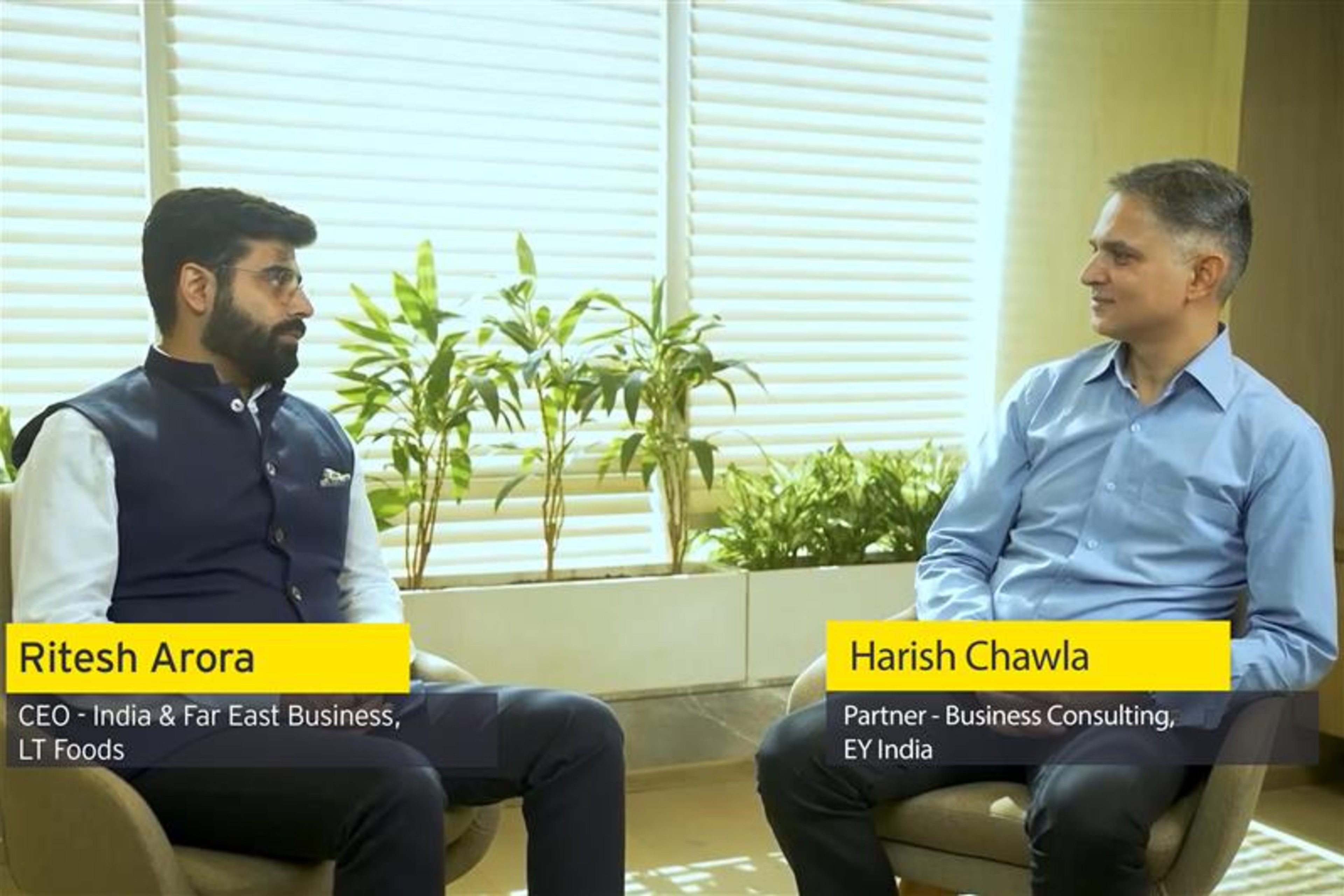EY refers to the global organization, and may refer to one or more, of the member firms of Ernst & Young Global Limited, each of which is a separate legal entity. Ernst & Young Global Limited, a UK company limited by guarantee, does not provide services to clients.
Karnataka High Court ruling - International Worker provisions under the Provident Fund law held to be unconstitutional and arbitrary
On 25 April 2024, the Hon’ble High Court of Karnataka delivered a judgement (W.P. No.18486/2012 and others) striking down the special provisions for ‘international workers’ under Para 83 of the Employees’ Provident Funds Scheme, 1952 (Provident Fund Scheme) and Para 43A of the Employees’ Pension Scheme, 1995 (Pension Scheme) as being unconstitutional and arbitrary.
The said provisions were introduced by the Central Government vide notification dated 1 October 2008 requiring international workers to contribute in to the Provident Fund.
The question before the Karnataka High Court in this matter was – “Whether introduction of para 83 of Provident Fund Scheme and para 43A of Pension Scheme is unconstitutional and hit by Article 14 of Constitution of India.”
The petitioners contended that these provisions are arbitrary and discriminatory and are hit by Article 14 of the Constitution of India. Their grievance was that international workers are covered under the Provident Fund Scheme irrespective of salary drawn whereas domestic workers who draw monthly pay exceeding the prescribed statutory ceiling (i.e. INR15,000 per month) are outside the purview of the Provident Fund Scheme. The petitioners further argued that international workers work in India only for a limited period and requiring them to pay contributions on their entire global salary would cause irreparable injury.
We understand from the text of the ruling that the Karnataka High Court struck down the special provisions for International Workers as unconstitutional and arbitrary, relying, amongst other things, on the following:
- The Employees’ Provident Funds and Miscellaneous Provisions Act, 1952 (‘Provident Fund Act’) was enacted to ensure that employees with lower salary brackets get retirement benefits and by no stretch of imagination, could it be said that employees who draw higher salary should be given benefit under the law. The Provident Fund Scheme is in the nature of subordinate legislation and therefore, the subordinate legislation cannot travel beyond the scope of mother law (the Provident Fund Act).
- Non-citizen employees working in India and employees who are citizens of India are 'equals’ when working in India. Any regulation that treats equals differently violates Article 14 of the Constitution of India which prescribes ‘equality before law’.
- On coverage of international workers vs domestic workers - Keeping in view the aims and objects of the Provident Fund Act, when a ceiling of INR 15,000 per month has been placed as a threshold for an employee to be a member under the Provident Fund Scheme, Para 83 of the Provident Fund ought not to have an unlimited threshold for international workers while denying the same benefit to Indian workers.
- On contributions for international workers vs domestic workers – The distinction in the amount of contribution between an Indian employee going to a country with which India has not entered into a Social Security Agreement (non-SSA country) and a foreign passport holder employee from non-SSA country working in India is discriminatory and violative of Article 14 of the Constitution. The demand for contribution on global salary i.e. salary earned by an international worker from some other country or in home country is arbitrary and hit by Article 14 of the Constitution.
We understand from our experience that such rulings may be challenged, including before a larger bench of the High Court and/or the Supreme Court of India. Until then, employers may analyze the impact of the ruling and devise their compliance strategy accordingly also considering the fact that similar writs are pending before other High Courts in the country.
Please note that the above narration is only a summary and is based purely on our understanding of the ruling. This summary should not be construed as any advice, including any advice that may only be provided by a qualified legal professional.
We will continue to monitor this space and share more information. Please feel free to reach out to:
Sonu Iyer
Partner, EY India
Sonu.Iyer@in.ey.com
+91-9810495178
Puneet Gupta
Partner, EY India
Puneet1.Gupta@in.ey.com
+91-9810384932
We hope you find this update useful.


